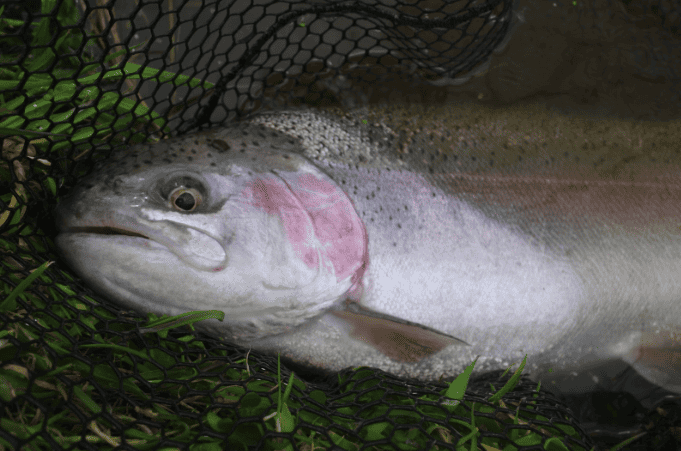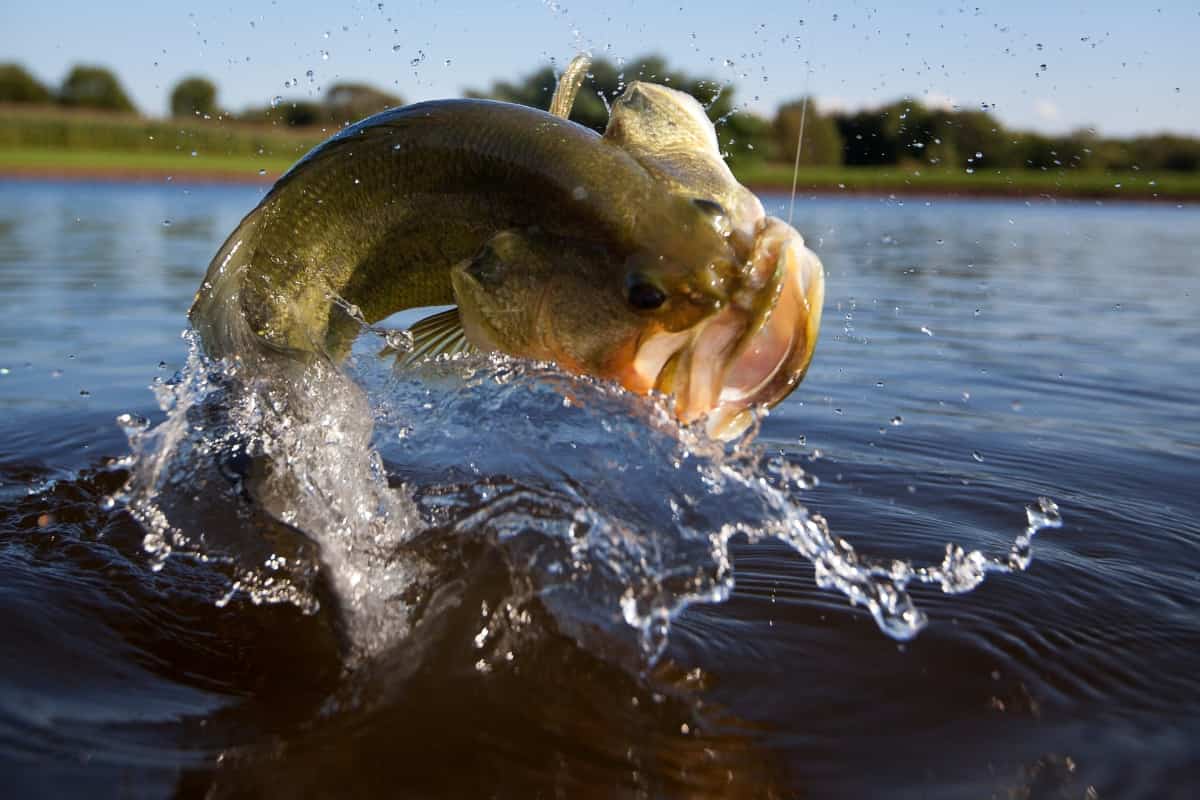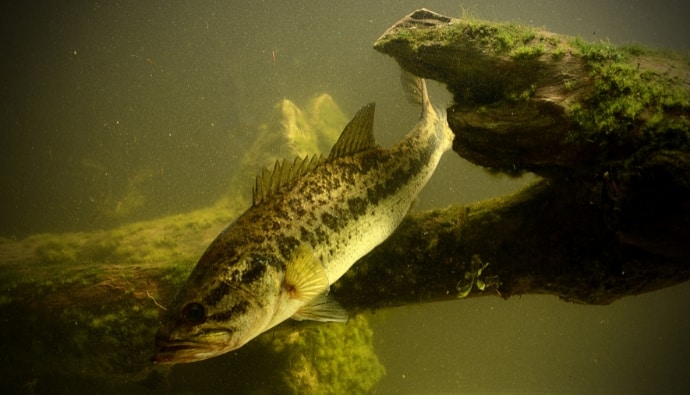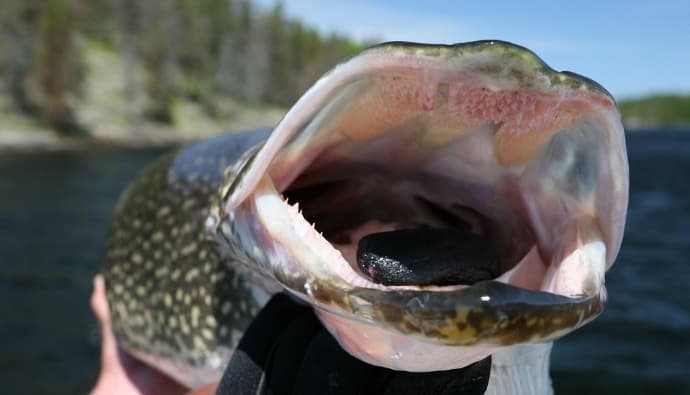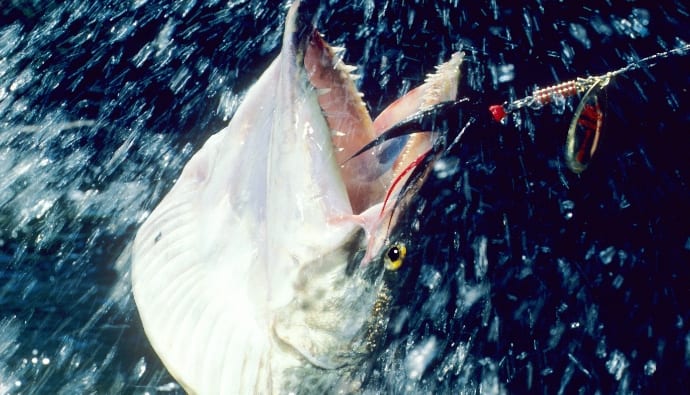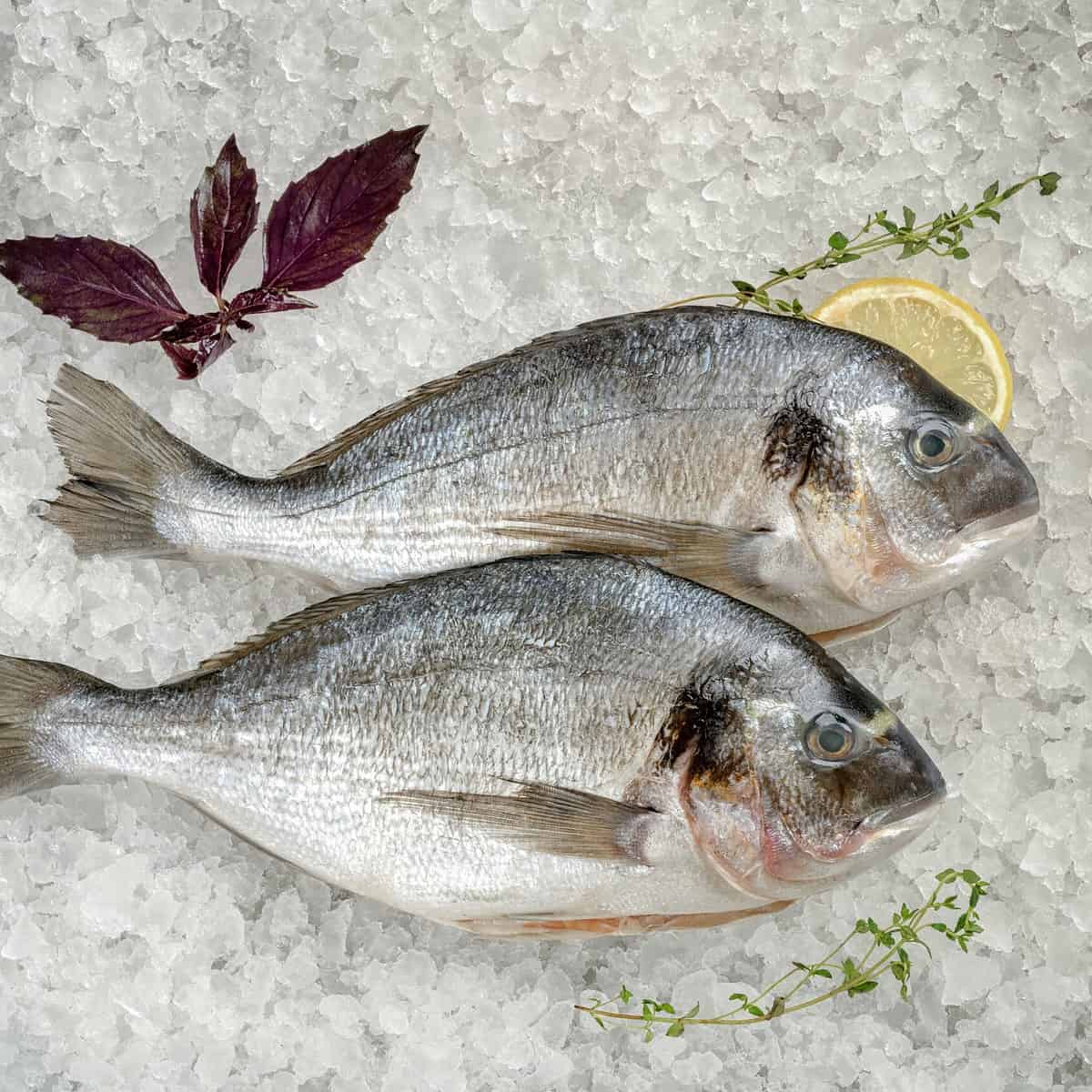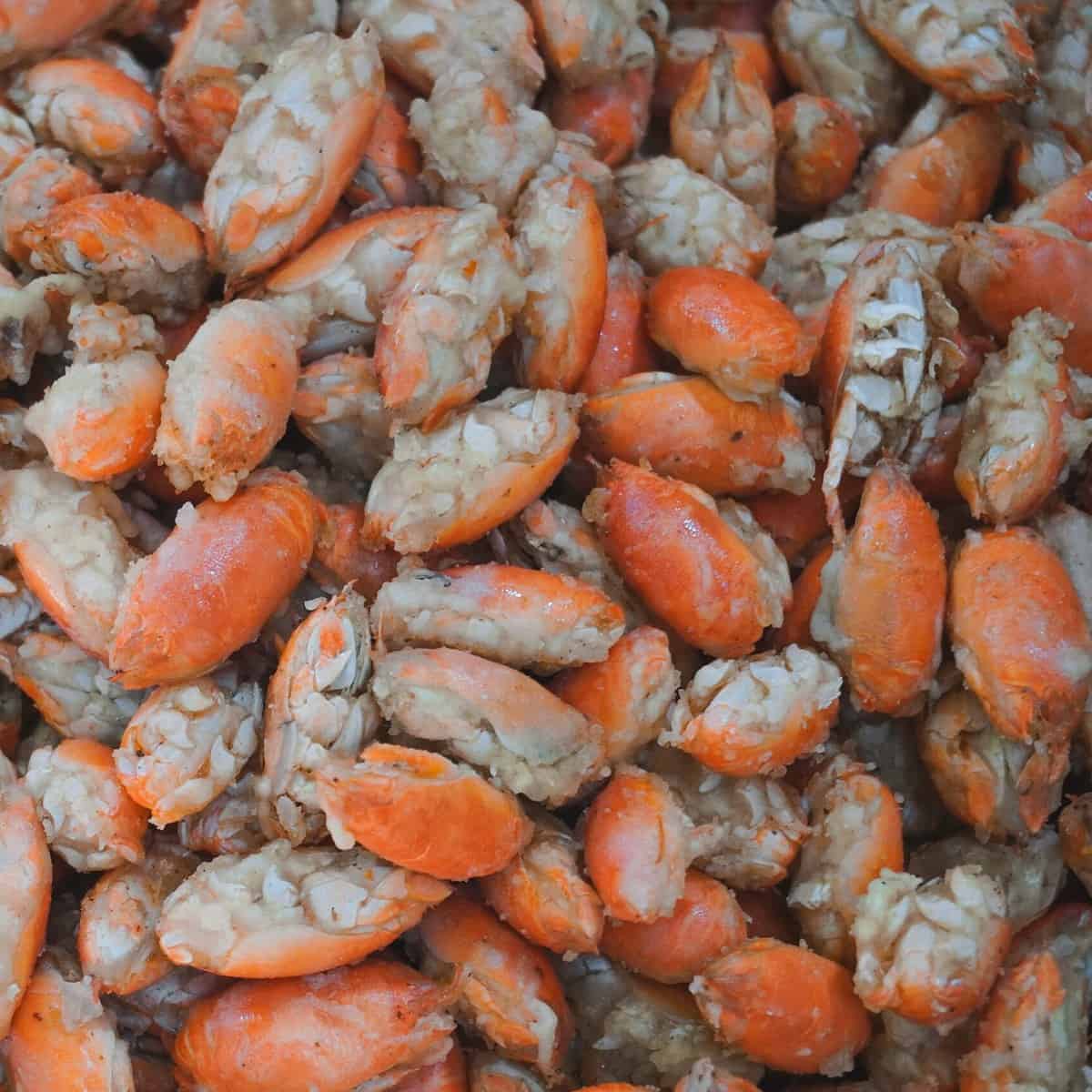Grouper is a tasty fish available on most restaurant menus. Like other fish, grouper fish is rich in omega-3, protein, essential minerals, and vitamins. They are liked by many because they have a mild flavor and a firm, moist texture. Grouper is a versatile fish, and you can prepare it by broiling, grilling, baking, or frying. Although grouper fish is delicious, some are contaminated by harmful contaminants, and you should only buy from verified sources. The most common types available in most restaurants include Yellowmouth grouper, red grouper, and black grouper. Remember, most groupers are at risk of overharvesting, so check the regulations to ensure they’re harvested sustainably.
If you have never had a grouper fish before and you are wondering if it’s a good fish to eat or if it has any health benefits, you have come to the right place. Here is a detailed guide to grouper fish and its nutritional value.
Nutritional Value and Health Benefits of Grouper
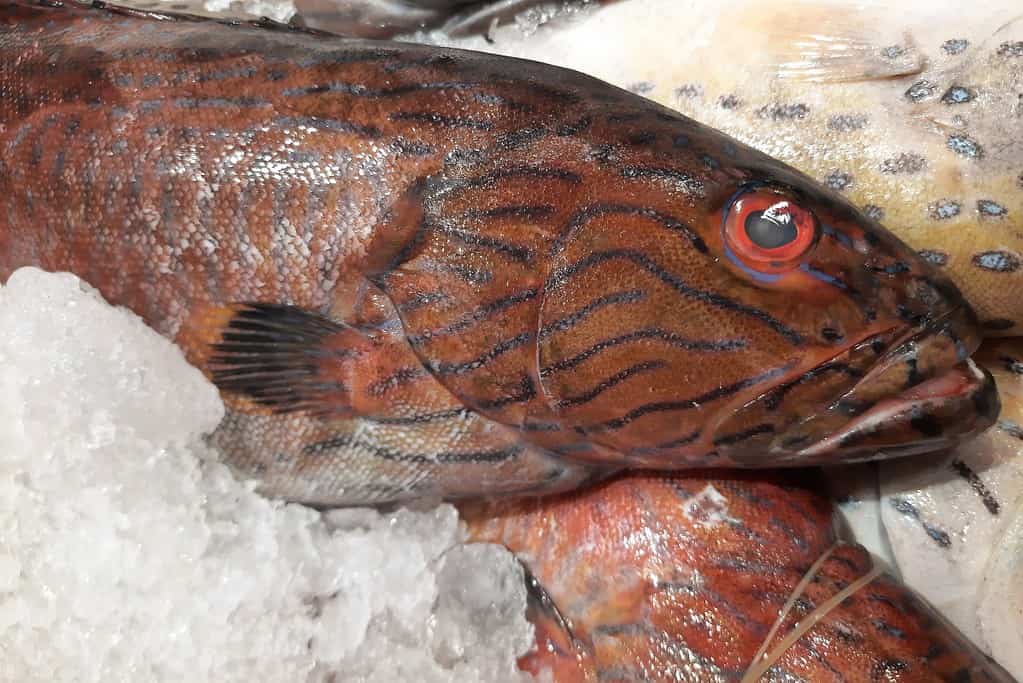
Grouper has many essential nutrients suitable for the human body. Here are the health benefits of consuming grouper.
Provides Energy
Groupers are rich in healthy protein and a great energy source. If you eat its filets, you remain full for longer and have enough energy to keep you active. Consuming grouper also helps in building new tissues and repairing damaged ones.
Reduces the Risk of Cardiovascular Disease
Consuming this fish reduces the risk of getting stroke and other heart diseases. Groupers are rich in magnesium, which maintains your heart’s health and lowers blood pressure.
People with cardiovascular diseases are encouraged to eat grouper fish because they have healthy fats that reduce inflammation and improve heart health.
Lowers Cholesterol Levels
People with higher cholesterol levels should consider eating groupers. Grouper filets are rich in healthy omega-3 acids that help lower blood pressure and cholesterol levels. The omega-3 fatty acids lower the triglycerides found in your blood.
Triglycerides, if left unchecked, can increase your cholesterol levels, increasing the chances of developing blood clots or even triggering heart attacks.
Helps to Prevent Cancer
Eating fish, especially groupers, helps in preventing cancer. You lower the risks of getting prostate, colon, stomach, and breast cancers.
Boosts Your Immune System
Although you can naturally get Vitamin D from the sunlight, eating grouper will boost your Vitamin D levels. Vitamin D keeps the human body healthy by preventing diseases such as Flu and heart disease.
You should have at least two servings of fatty fish, such as grouper fish, every week to improve your overall health.
Grouper Fish Nutrition Facts
Here is a nutritional fact sheet to help you understand the nutrients in a 350g grouper filet.
- Calories: 160
- Cholesterol: 90 mg
- Fats: 7 g
- Dietary fiber: 0 g
- Carbohydrates: 2 g
- Saturated fat: 1 g
- Iron: 1.8 mg
- Vitamin C: 4 mg
- Vitamin A: 15 IU
- Protein: 26 g
- Calcium: 55 mg
- Folate: 25 mcg
Remember, not all grouper fish are safe to consume. Some contain harmful toxins like mercury that can make you sick. Before buying or eating grouper filets, you should verify their sources.
Is Grouper a Good Fish to Eat?
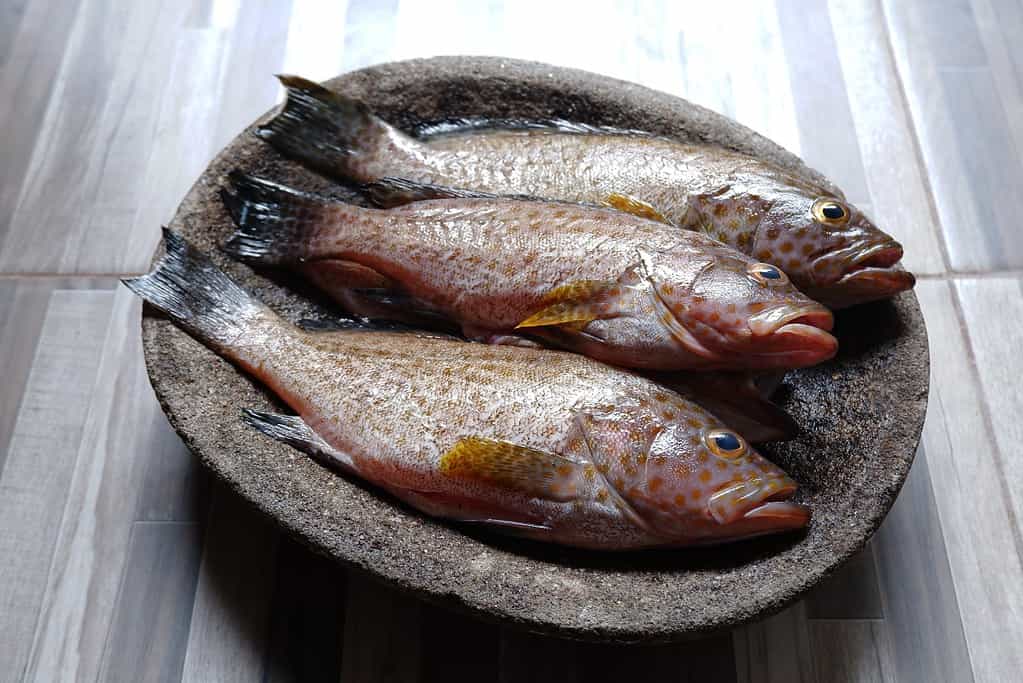
Grouper have a mild flavor and are versatile to cook. You can enjoy their fillets while broiled, grilled, baked, or fried.
Most people prefer cooking fresh red groupers because they have a slightly sweet flavor compared to the flesh of black grouper. Their distinctive flavor and firm texture make them popular for absorbing marinades. You can incorporate grouper in your fish sandwiches if you want to eat food from healthier options.
Fresh grouper tastes best when broiled, baked, deep-fried, grilled, or steamed. Some people grill it with intact skin to retain moisture and achieve a crispy texture.
You can eat grouper alone or serve it with rice. To achieve a sweet, delicate flavor, you can marinate it with lemon, garlic salt, and batter. You can cook grouper cut into fillets or grill it while whole.
Groupers generally have a white color with some dark scars. However, some species, like the red groupers, usually have a light pink color, probably because of their skin color. Other popular fish low in mercury include the red snapper, dorado, and albacore tuna.
Here’s a Thai food grouper fish recipe you can try:
Sustainability of Grouper as a Food Source
Grouper fish are constantly at risk of overfishing because they gather in huge schools when spawning. However, there are still large populations of red, black, and gag groupers, and you can readily find their meat in most seafood markets.
Some fishes, like the Goliath Groupers, are protected in most countries because they are at risk of extinction.
Grouper fishing happens all year round in most countries. However, you’ll rarely find fresh grouper meat from January to May because they are not harvested at this time. Instead, anglers can only catch and release them back into the waters.
Fresh grouper fish are readily available in the fish market from May to late October. During this season, you are allowed to keep the grouper you catch. Remember, you can only keep other Grouper types, but you’re supposed to release Goliath grouper back into the water because killing them is illegal.
Conclusion
Grouper fish are common in most restaurants because they’re delicious and have many health benefits. They are rich in omega-3 fatty acids, protein, essential minerals, and vitamins A, C, and D. You can enjoy grouper when broiled, baked, deep fried, grilled, or steamed.
Grouper fish are constantly at risk of over-fishing because they’re popular and move in groups when spawning. To enhance their sustainability, most countries have put regulations and restrictions to control how they are harvested.
Always ensure you buy grouper from reputable vendors because some are harvested in areas prone to Ciguatera poisoning. Also, handle grouper fish well when preparing and storing it to prevent the risks of food poisoning.

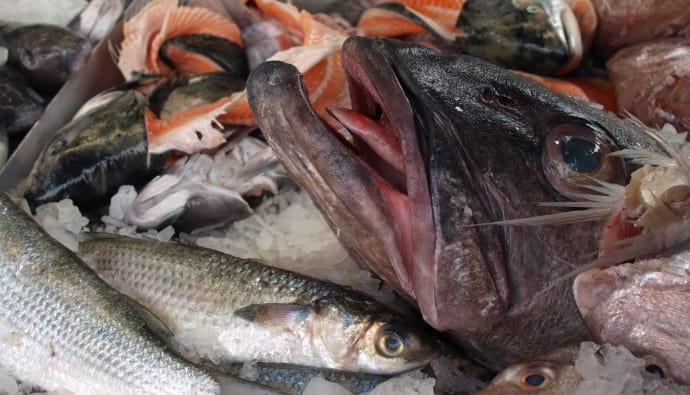



 Facebook
Facebook YouTube
YouTube